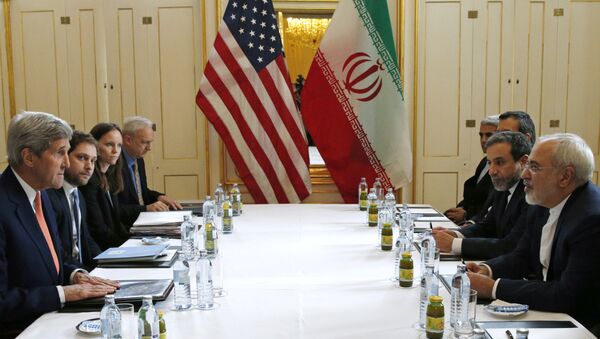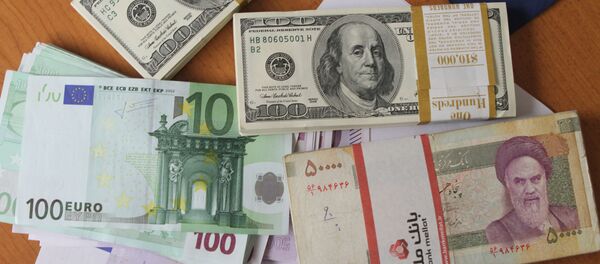Sputnik: You have said that the US was using this summit in Warsaw to expand its anti-Iran coalition, how much support do you think there's been during this summit among its Western allies and non-Western allies really?
Ali Vaez: I don't think there's been much support. To be honest, it's quite unlikely that the US would be able to expand the existing coalition of four beyond that; because it seems to me that as long as the US remains in violation of the 2015 nuclear deal to which the rest of the international community adhere and would like to adhere, and would like to save the agreement, the US is the country that has isolated itself and, as such, is unlikely to be able to marshal an international coalition against Iran.
READ MORE: US Sanctions 9 Iranians, 2 Entities for Engaging in 'Covert Malicious' Actions
Sputnik: Mike Pence has said that the participants of the gathering have decided that Iran was the main security threat in the Middle East, what do you make of that?
Ali Vaez: I would only accept that statement if there is actually a final communique of the conference that all of the participants adhere to and they all agree that Iran is the source of all evil in the region. I think that's unlikely.
They don't see the world in black-and-white terms that this Trump administration portrays it and it doesn't also believe that Iran is the sole country responsible for the current situation in the region. They believe that other countries as well, mostly US allies in fact, are exacerbating current tensions in the region.
Sputnik: What do expect the impact of the summit in Warsaw going to be both positive or negative, what is going to come out of this?
Ali Vaez: It's hard to see anything positive coming out of it. I think the Trump administration would be able to call it a success if it were to expand the current coalition of anti-Iran forces beyond US, UAE, Saudi Arabia, and Israel, which I said is unlikely; or if it could make the current implicit, tacit alliance between Israel and Arab states against Iran more explicit and overt, which again is quite unlikely to happen.
And I think it's unlikely to work this time around as well. I think that generally the idea that one can bring a few countries together and decide the fate of the Middle East when some of the most important Middle Eastern players, including Iran, Turkey, and Russia, which today's the most powerful player in the Middle East, are not at the table.
Sputnik: What implications does this whole summit have really on Washington's relations with European allies?
Ali Vaez: I think it's quite telling that major European powers sent a low level delegation to this meeting, other than the United Kingdom; a meeting that is called ministerial meeting, didn't really see many European Foreign Ministers attending and the Europeans are also quite frustrated and resentful to the fact that this meeting took place in Poland because it appears as an attempt by the United States to drive a wedge between Eastern Europe and Western Europe and dilute the consensus within the European Union in support of the 2015 nuclear deal.
The thing that the US is trying to do is build on common ground between the US and European countries on their threat perception about Iran's ballistic missiles and regional activities; but again, their approach, the European approach is quite different than US maximalism.
READ MORE: Iran's Oil Revenues Increased by Almost 50% Despite Sanctions — Reports
And they believe that pressure on Iran only works if it is combined with engagement, which we have not seen the Trump administration being prepared to enter into mutually beneficial diplomacy with Iran at all.
The views and opinions expressed by the speaker do not necessarily reflect those of Sputnik.




